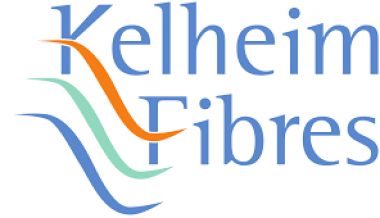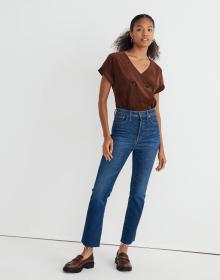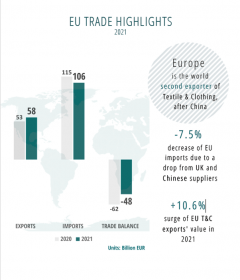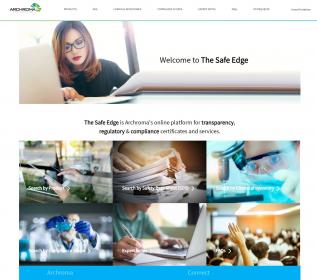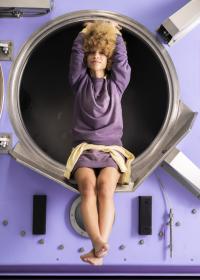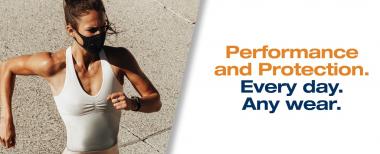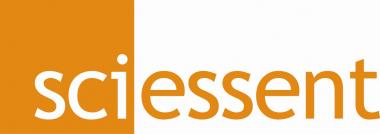ECHA adds nine hazardous chemicals to Candidate List
ECHA has added nine chemicals to the Candidate List because of their hazardous properties. They are used for example in flame retardants, paints and coatings, inks and toners, coating products, plasticisers and in the manufacture of textile, leather or fur and paper.
Entries added to the Candidate List on 17 January 2023:
- 1,1'-[ethane-1,2-diylbisoxy]bis[2,4,6-tribromobenzene]
- 2,2',6,6'-tetrabromo-4,4'-isopropylidenediphenol
- 4,4'-sulphonyldiphenol
- Barium diboron tetraoxide
- Bis(2-ethylhexyl) tetrabromophthalate covering any of the individual isomers and/or combinations thereof
- Isobutyl 4-hydroxybenzoate
- Melamine
- Perfluoroheptanoic acid and its salts
- reaction mass of 2,2,3,3,5,5,6,6-octafluoro-4-(1,1,1,2,3,3,3-heptafluoropropan-2-yl)morpholine and 2,2,3,3,5,5,6,6-octafluoro-4-(heptafluoropropyl)morpholine
Information on these substances' uses and reasons for inclusion on the Candidate List is available here.











